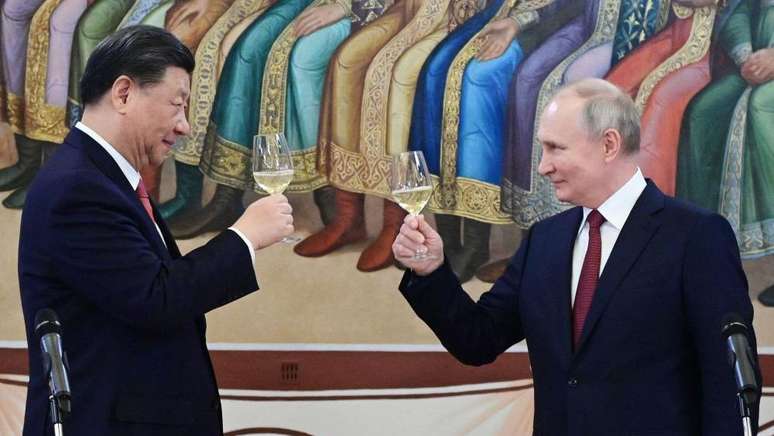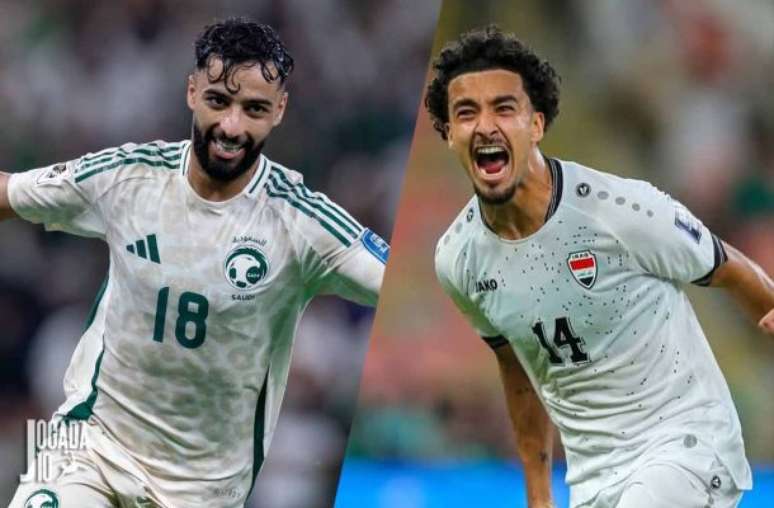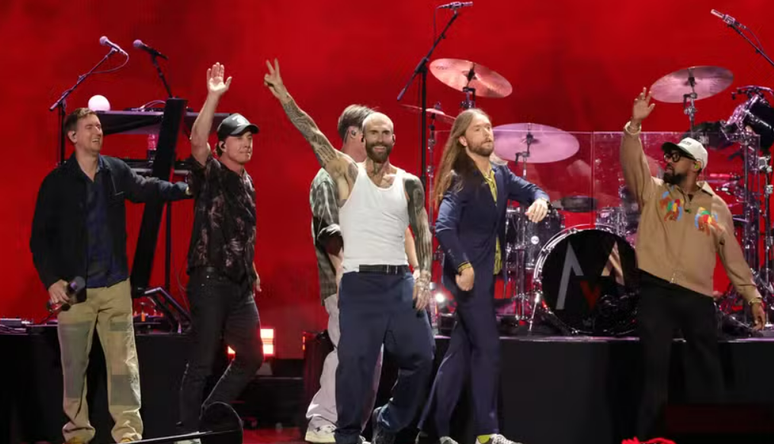Economic interests, concern for security and opposition to Western hegemony bring Moscow and Beijing closer at the moment; Enhanced Chinese support for Russia in the Ukraine war is still uncertain, but the US government is concerned.
Vladimir Putin and Xi Jinping met earlier this week in Moscow to discuss the conflict in Ukraine and relations between their countries.
The two nations have grown closer in recent years, in a partnership that was described as “no limits” by the two governments in a joint statement released shortly before the invasion of Ukrainian territory by Russian forces.
On Monday (20/03), the two leaders still called each other “dear friends” and exchanged compliments and handshakes.
But, after all, what do these two countries have in common?
BBC News Brasil spoke to Chinese and Russian policy specialists from different parts of the world who see the current moment from different perspectives to identify what are the common interests and visions bringing Moscow and Beijing closer together.
Economic and security interests
According to analysts, it is above all a pragmatic partnership, which seeks mutual benefit.
After the invasion of Ukraine, the United States, the European Union, the United Kingdom and other allied nations imposed severe sanctions on Russia, banning oil imports and exports of high-tech products.
As a result, these countries’ trade with the Russians declined exponentially throughout 2022, and China cemented itself as Russia’s most important trading partner.
Bilateral trade between the two partners hit a record high in 2022, reaching $190 billion. That is, a 30% increase over the previous year.
In addition, nearly half of all Russian government annual revenues come from oil and gas, and sales to EU countries have plummeted due to sanctions.
But a significant portion of that shortfall has been made up with increased sales in Asia and China.
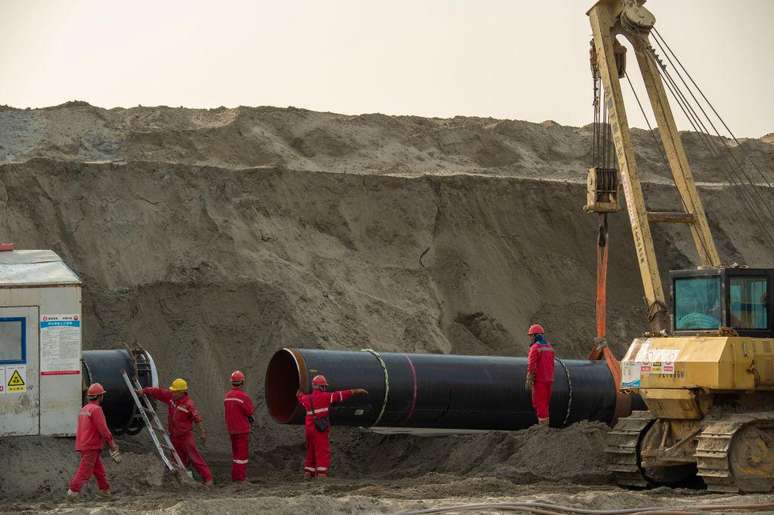
In 2022, Russia exported twice as much cooking gas and 50% more natural gas to China than the previous year. There are also long-term plans to expand ties and build a new pipeline to connect the two territories.
Besides the economy, there is also cooperation in terms of security, according to analysts.
Not only does China share a border of more than 4,000 kilometers with Russia, it also borders other former Soviet republics under Moscow’s influence, such as Kazakhstan, Kyrgyzstan and Tajikistan. And strategically, Beijing does not want instability on its borders.
But the big question right now regarding the conflict in Ukraine is whether China, the world’s fourth largest arms exporter, will send war aid to Russia.
So far the Chinese government has not supplied Russia with lethal equipment, but the United States believes this is a possibility in the future.
Siemon Wezeman, of the Stockholm International Institute for Peace Studies, told the BBC that China is manufacturing increasingly sophisticated war materials, such as drones, which could be of interest to Russia. However, there is no evidence of the shipment of weapons so far.
Worldview and opposition to the West
But the connection doesn’t stop there. According to the experts consulted by the report, a similar position on the West and the future of the world order, as well as similar worldviews, also unites the two powers.
For them there is a vague similarity in the values extolled by both governments and – in part – by companies.
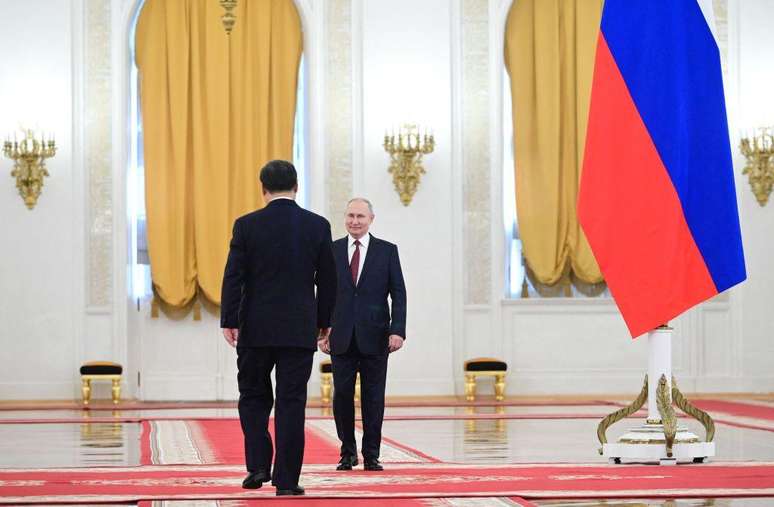
The researcher and professor of the American University, Joseph Torigian, studies the political trajectory of these two countries and the strategies of their governments. According to him, both have “a different way of looking at the world, which puts more emphasis on state power and conservative social values”.
Both governments also have autocratic leanings, in contrast to the Western model of democracy, Torigian says.
But these values or ideologies have different origins in the two countries and are spread and applied in different ways and with different intensities. In the past, China and the Soviet Union have also had conflicts over their models of communism.
Chinese professor and researcher Yingjie Guo of the University of Sydney explains that the Chinese government claims to be guided by the ideologies of communism and Marxism, but that in practice economic development is often put first.
“The Communist Party sets itself the goal of communism and keeps saying that it is led by Marxism (…). However, it is in no hurry to move towards communism or even more advanced stages of socialism. On the contrary, the Chinese the socialism has returned to an initial stage in which non-socialist relations of production, including private property, are permitted.”
Furthermore, according to political scientist and historian Rana Mitter, of the University of Oxford, current Chinese political thought also has many influences from Confucianism, a doctrine that was taken up by Xi Jinping.
“This traditional Chinese philosophy brings elements about hierarchy and the relationship between people and countries,” he explains.
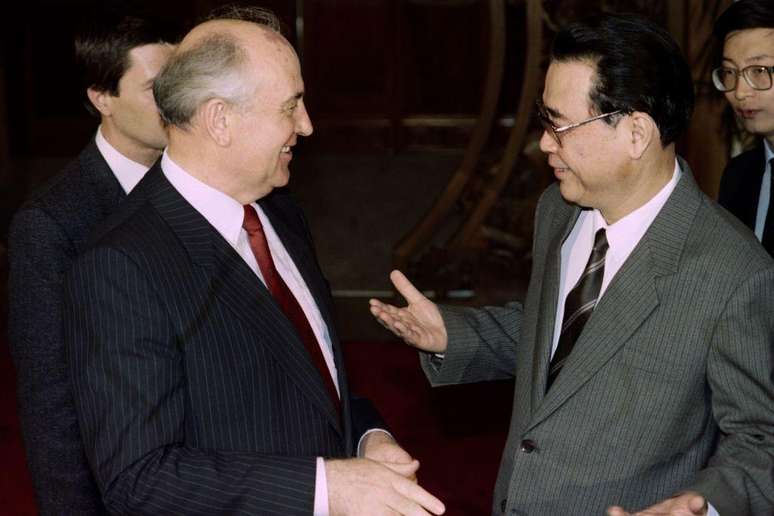
In the case of Russia, despite the Soviet communist past, the current ideological influences are totally different, as well as being more dispersed and difficult to identify.
“The philosophy of Putin’s government today is directly related to nationalism, but even more to imperialism and the feeling of superiority (combined with a feeling of resentment) of the Russian nation. (…) It is basically a complete set of classic ideologies of the Russian far right,” said Russian researcher and journalist Andrei Kolesnikov, a member of the Carnegie Endowment for International Peace think tank.
Researcher and professor at the Southern Federal University, Russia, Victor Apryshchenko further says that this nationalist discourse is present not only in the statements of government officials, but also in schools, state-controlled cultural production and social networks.
“I believe that the main explanation for this resurgence of nationalism today is the trauma that Russia and the Russian people faced after the collapse of the Soviet Union. It seems to me that since 1991 there has been an internal and external effort to try to regain previous position,” he says. .
But the point that unites the two countries is precisely how their values oppose Western sayings, especially when it comes to the defense of democracy as the best model of government and the definition of human rights and other concepts.
“Opposing the Western model certainly helps bring the two countries together,” says Andrew Mertha, director of the China Studies program at Johns Hopkins University in the United States.
According to analysts, Russia and China are not necessarily trying to impose their way of seeing reality on the rest of the world, as they did during the Cold War, but they fear precisely what they believe to be an attempt by the West to do this with its own values.
According to Vicente Ferraro Jr, a political scientist and researcher at the Asian Studies Laboratory of the University of São Paulo (USP), this is now one of the main political components of the report.
“Both contest political liberalism in part and accuse the West of improperly trying to ‘export’ its political models to other societies and cultural contexts. Political liberalism and, indirectly, representative democracy are both presented not as universal values, but as constructions of the West instrumentalized for geopolitical purposes,” he says.
There are, for example, voices defending the idea that the concepts of democracy and rights proposed by the United States and Europe are really just a way to manipulate other countries in favor of their own interests.
In other words, Moscow and Beijing share the view that the Western-led international order and its rules pose a threat to both China and Russia.
According to experts, this is evident both in Putin’s speeches in which he accuses NATO of expanding its interests beyond its own territory, and when Xi Jinping criticizes the United States’ search for allies in the Asia-Pacific region.
“This is an alliance against a common adversary, based primarily on the idea that the United States is using its military power freely and widely around the world and that this cannot continue,” said Mikhail Alexseev, a Russian professor at the San Diego State University.
For him, without this common perception of the West, the partnership structure between Russia and China could collapse.
A ‘limitless’ partnership?
But there are those who wonder if this alliance is, in fact, unlimited, as the two governments defined in a joint communiqué released shortly before the invasion of Ukraine.
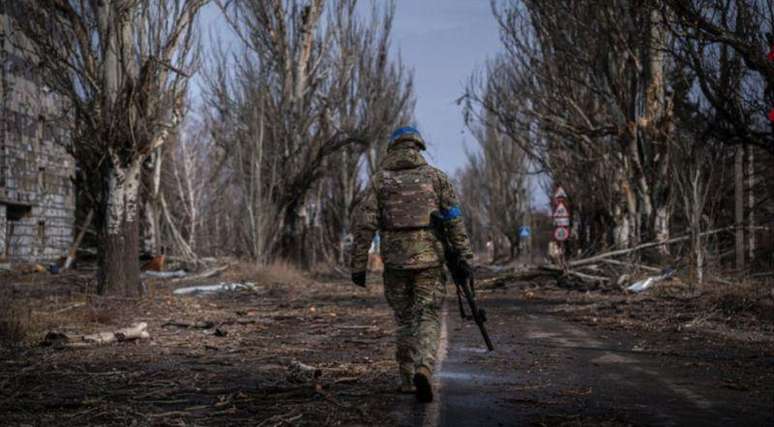
Ideological differences, which exist despite similar worldviews, can become a problem at some point, according to experts consulted by BBC Brasil.
Even the precedents set in the past are not the best. In March 1969, troops from China and the former Soviet Union (USSR) faced each other in a battle that lasted for months and marked relations between the two countries for more than two decades.
Analysts also say China could abandon the partnership if Russia goes too far in its efforts in Ukraine, such as by using nuclear weapons. Or whether a more economically advantageous cooperation will arise in the future.
Professor Alexandra Vacroux, of Harvard University, defined it thus: “It’s a kind of marriage of convenience, but there is no real love.”
– This text was published in https://www.bbc.com/english/articles/c1dxekp22peo
Source: Terra
Rose James is a Gossipify movie and series reviewer known for her in-depth analysis and unique perspective on the latest releases. With a background in film studies, she provides engaging and informative reviews, and keeps readers up to date with industry trends and emerging talents.

